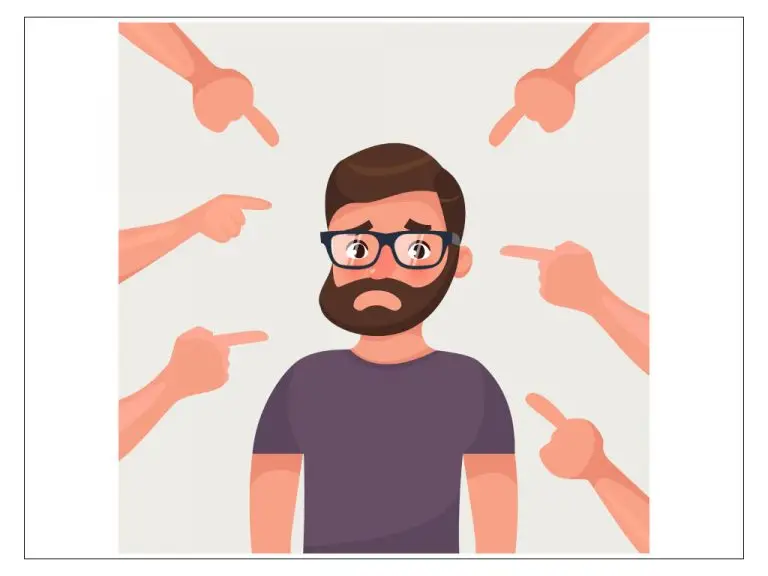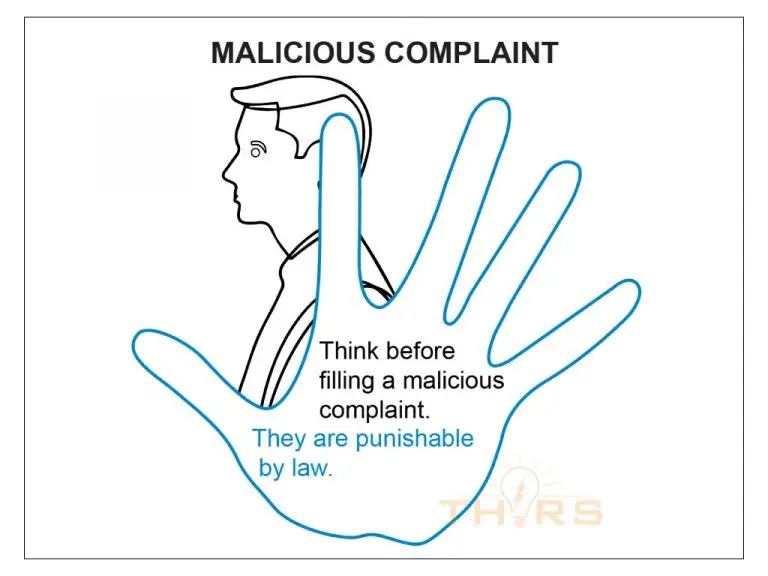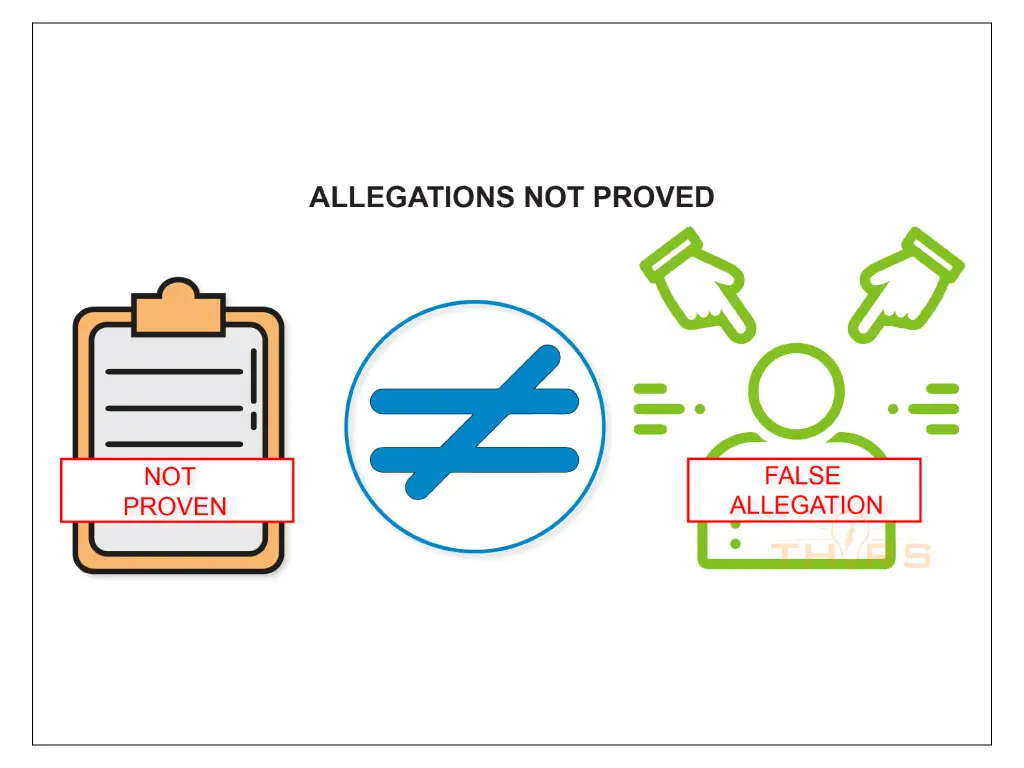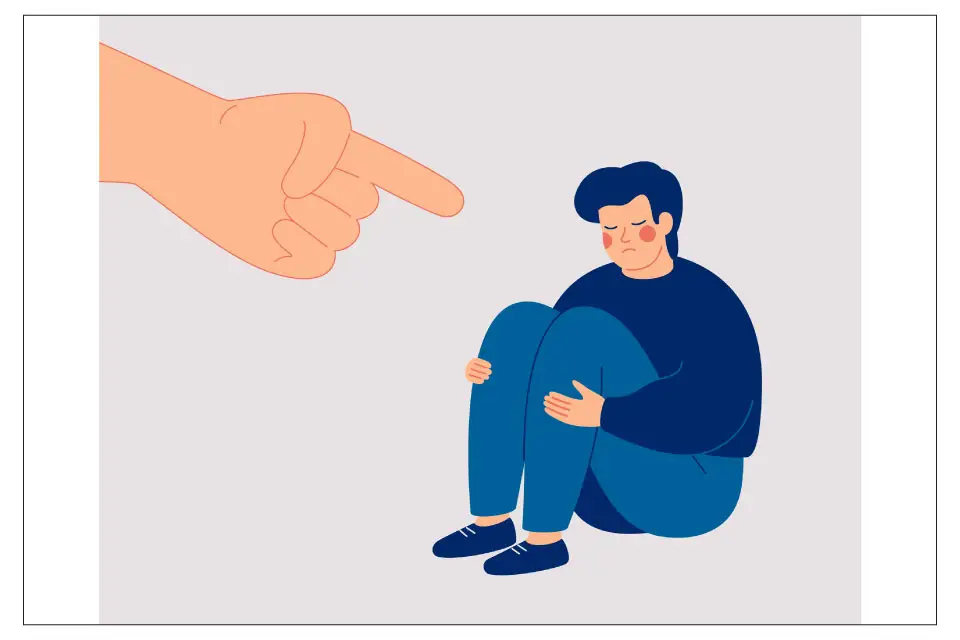The impact of false sexual harassment accusations on individuals varies, depending on the extent of damage to their mental, societal, emotional, professional, and relational well-being. For instance, consider the case of Muhammad Afzal and the profound impact of false sexual harassment accusations on him.
Muhammad Afzal, an English professor in Lahore, wrote a letter to Dr. Aalia Rehman, professor, and inquiry officer, after being falsely accused of sexual harassment:
“My family life is disturbed by the allegation and my wife has left me today accusing me of being immoral. I have now nothing in my life to look forward to. I am an immoral person at college and at home. I feel pain in my heart and brain all the time. If and when I die, I request you as a friend to take care that my salary goes to my mother, and she is given a good character certificate in my name from the college principal.”
Muhammad Afzal
A few days after writing the letter Professor Muhammad Afzal succumbed to mental stress and took his own life.
Undermining Justice in Sexual Harassment Cases
The college complaints committee’s inefficient and biased handling of the case buried justice for Mr. Afzal. This is just one of the many examples of the destructive nature of malicious, or false, sexual harassment complaints. In a society where victims of sexual harassment are encouraged to speak up against any form of misconduct, false accusations make the pursuit of a fair trial and fair hearing elusive.

Is filing a false sexual harassment complaint a crime?
Sexual harassment is a crime, and filing a false, or malicious, sexual harassment complaint is equally a crime. With an ambition to deter such complaints, the Sexual Harassment (SH) Act has included a clause that outlines the consequences of filing a malicious complaint either by forging documents or presenting false witnesses. The SH Act through the Prevention of Sexual Harassment (POSH) policies strives to address sexual harassment against women in workplaces across India, taking into consideration the impact of false sexual harassment accusations.

Why is a complaint management system important?
If the complaint management system is flawed, the situation becomes harmful. A large part of the SH Act policy focuses on formulating an Internal Committee (IC) and the complaint management procedure. The employer is responsible for forming an IC consisting of at least an equal number of women to men. According to the Act, the IC shall comprise a senior-level female employee as the presiding officer, an external member from a Non-Government Organization (NGO) or association devoted to the safety of women, and two or more employees. The IC members are led by a few guidelines that prevent them from being swayed by subjective conclusions. In addition, the role of the external member is needed to keep prejudices at bay. Above all, the IC members are trained regularly to receive and respond to different sexual harassment complaints.

How is a malicious complaint treated under the SH Act?
A malicious complaint under the SH Act is treated with the same seriousness as any other complaint. Action will be taken as per the service rules of the organization, or the same corrective measures prescribed for the sexual harassment offender will be implemented. It is an offense according to the Act if the complainant, witnesses, or anyone involved in the case is found to have malicious intent, submitted forged documents, or made false claims. A separate inquiry will be conducted to corroborate the malicious intent of the complainant.
What is considered a false sexual harassment complaint?
If the complaint filed by a person is proven to have malicious intent, given false witness, or submitted forged documents, the complaint is counted as a false complaint. Nonetheless, the failure to prove the allegation does not necessarily make the allegation malicious or false.

The SH Act encourages the IC to keep prejudices, preconceived notions, and stereotypes at bay to allow both parties to be heard. The IC is vested with the duty to ensure the innocent are not wronged and the guilty do not walk away scot-free. There is a lot more you need to know as an employee and the THORS course on Prevention of Sexual Harassment (POSH) in the Workplace helps you gain a comprehensive understanding of the SH Act and POSH policies.
Did you get a chance to read part one of this series? Read it now!



